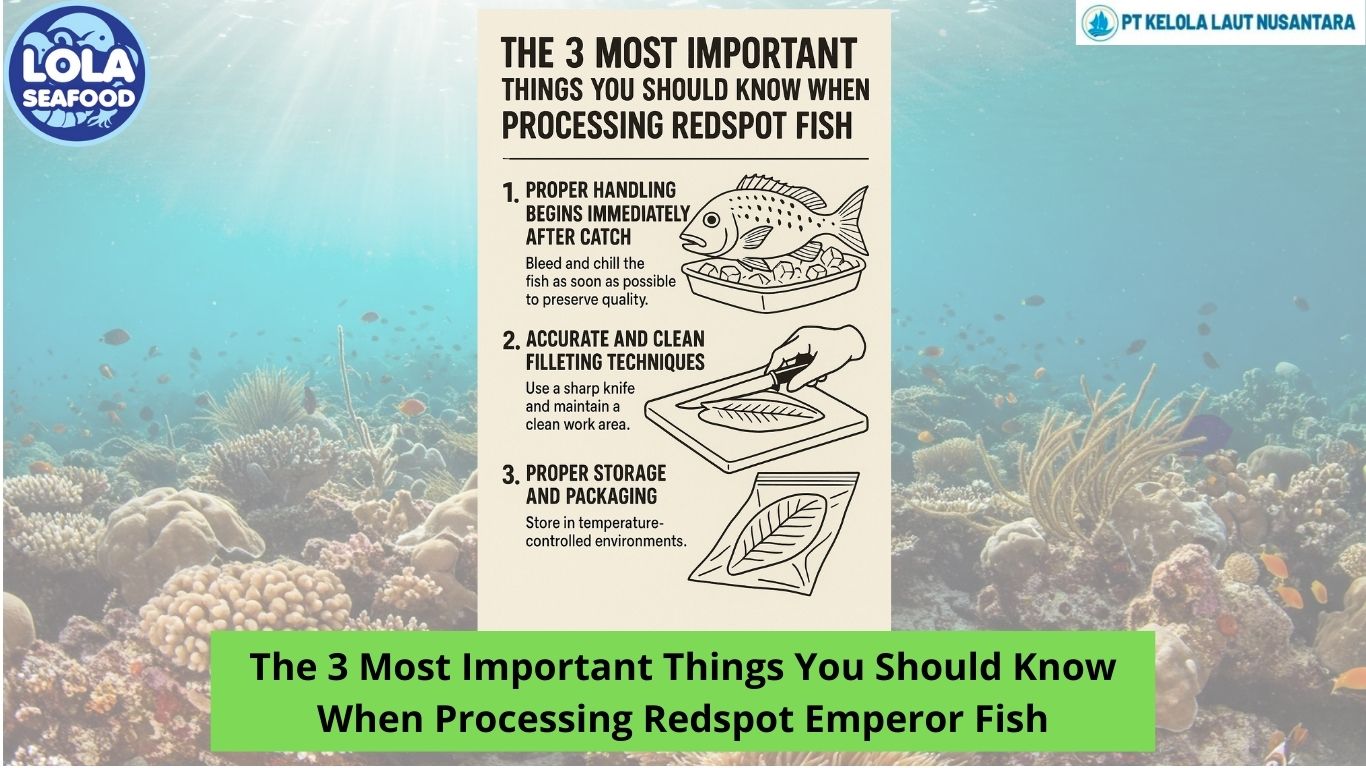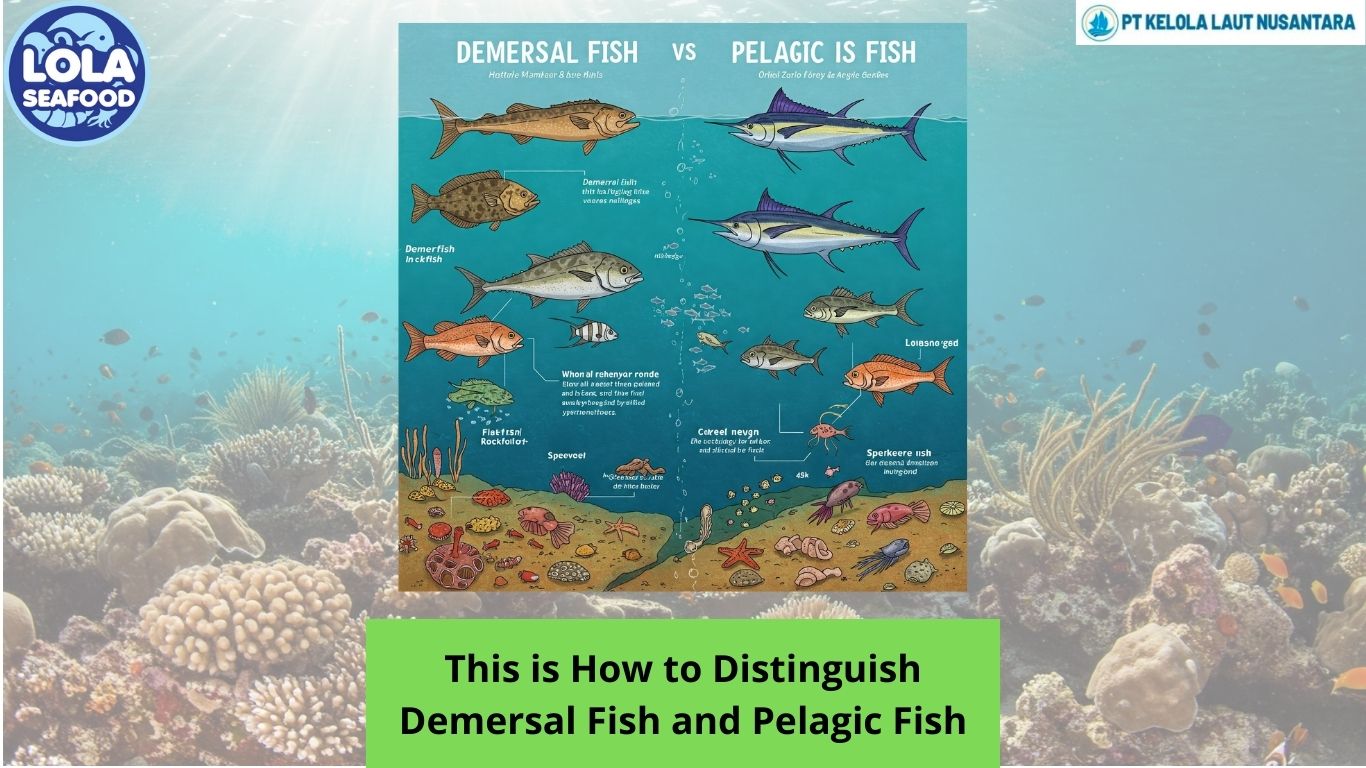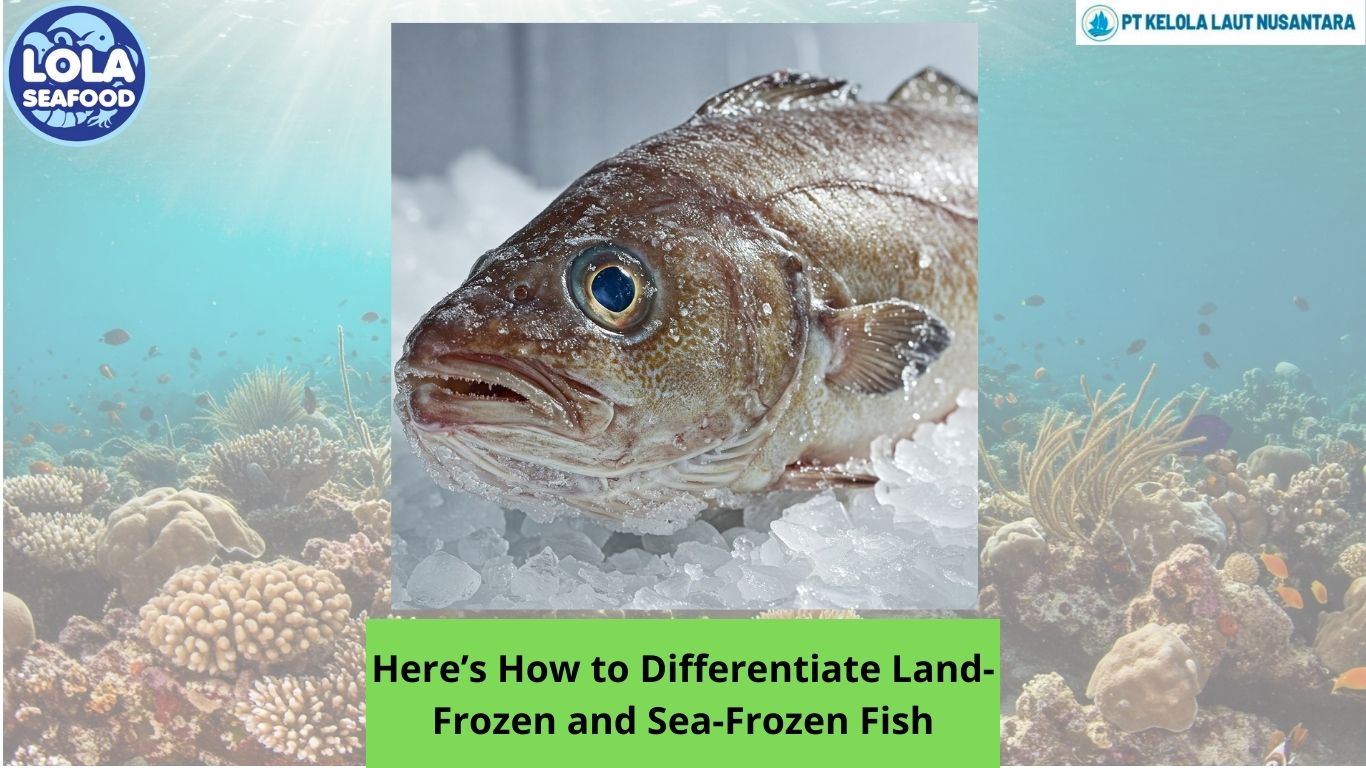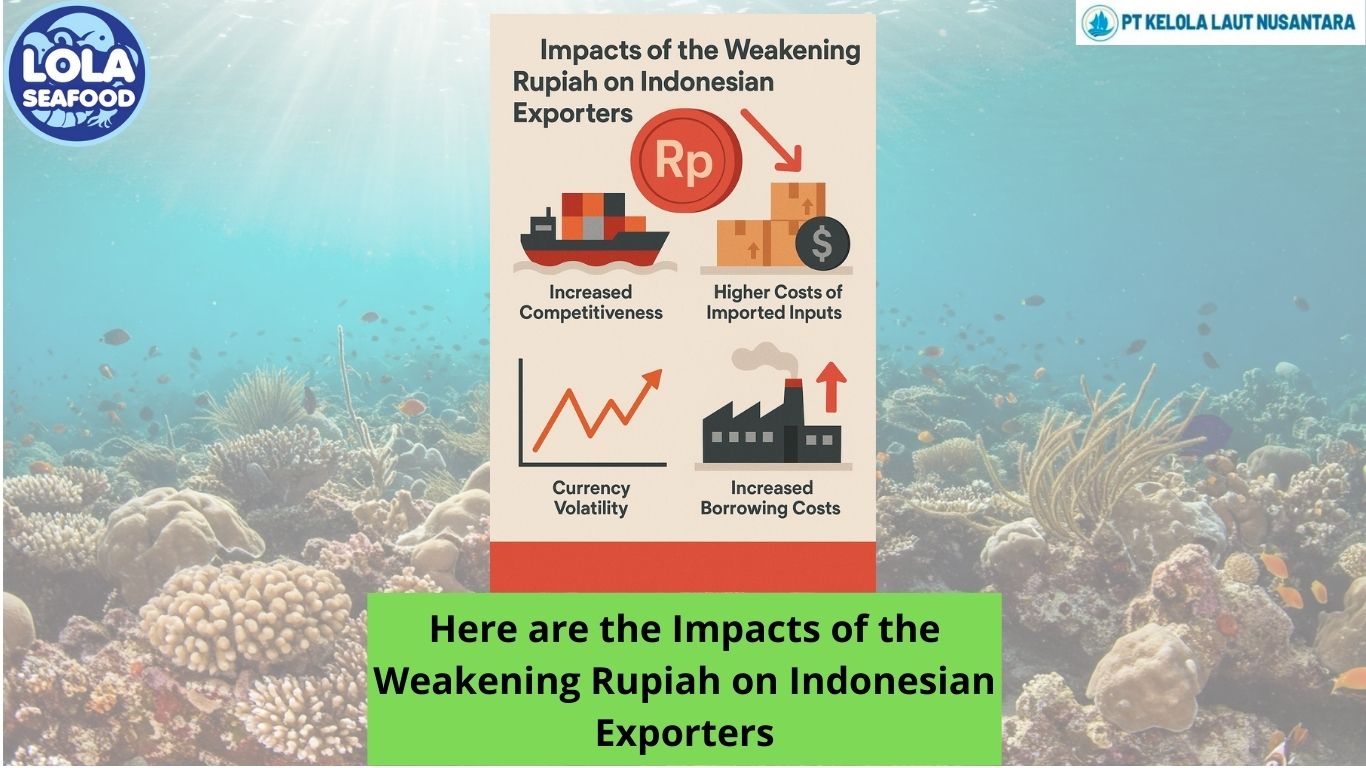This Is the World's Shark Fillet Export Flow In 2025
By. Agung Kurniawan - 28 Feb 2025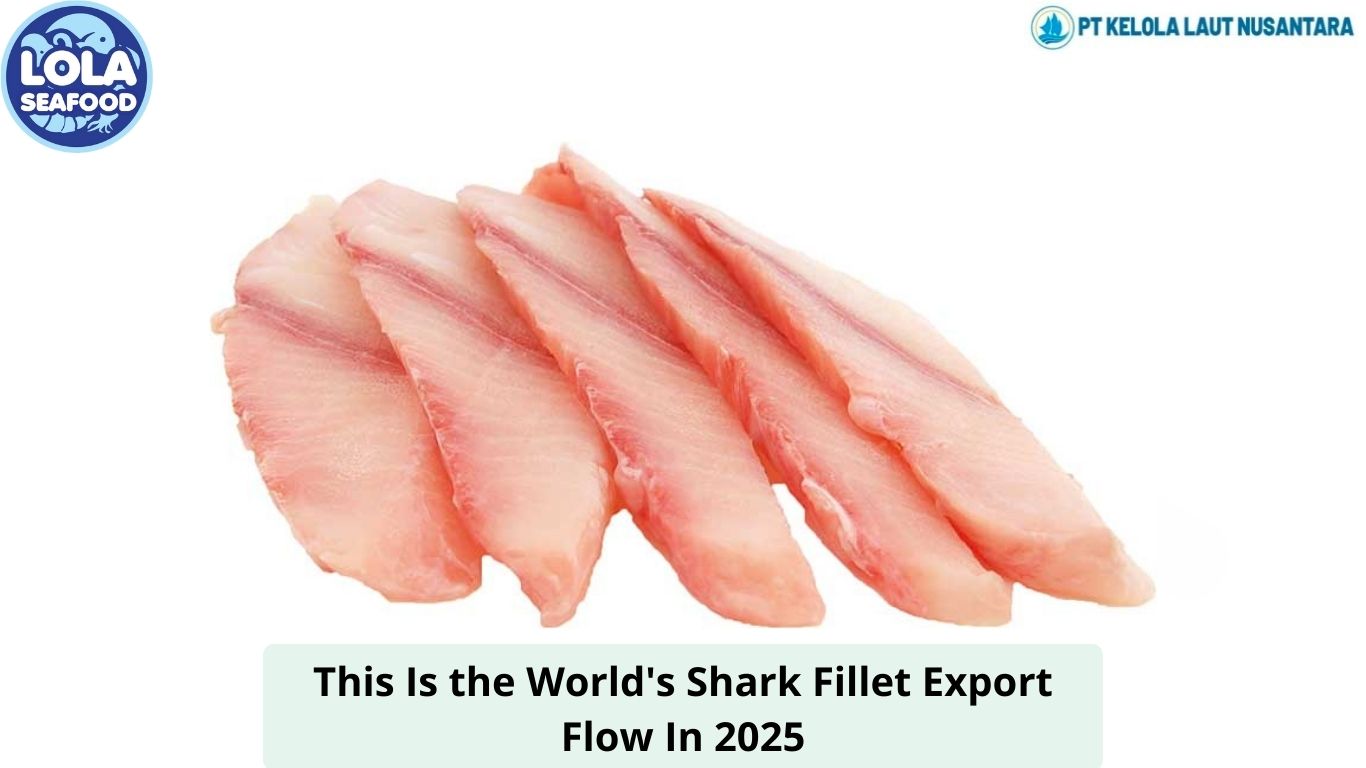
Kelolalaut.com As of 2025, the global shark fillet export industry is navigating a complex landscape shaped by increasing demand, sustainability concerns, and evolving regulatory frameworks. Shark meat, once a niche market, has seen its global demand nearly double over the past two decades, with the trade in shark and ray meat valued at approximately US$2.6 billion between 2012 and 2019.
Key Exporters and Importers
Spain has emerged as the world's leading exporter of shark meat, leveraging its extensive fishing fleets and established seafood processing infrastructure. Other significant exporters include Portugal and Taiwan, which have capitalized on both regional and international markets. On the import side, Italy stands out as the top importer, with countries like Brazil, South Korea, and several African nations, including Ghana, also demonstrating substantial demand.
Regional Dynamics
In Europe, the consumption of shark meat is more prevalent than commonly perceived. Dishes featuring shark are traditional in countries like France and Belgium, where they are often marketed under different names, making consumer awareness a challenge. In Asia, nations such as Thailand and Indonesia have integrated shark meat into their culinary traditions, with local markets offering a variety of shark-based products. The United States has also seen a rise in shark meat consumption, with species like mako and thresher sharks appearing in seafood markets and restaurants.
Market Drivers
Several factors contribute to the growth of the shark meat market:
- Culinary Demand: Shark meat's unique texture and taste have attracted chefs and consumers seeking novel seafood experiences.
- Nutritional Value: Rich in protein and low in fat, shark meat appeals to health-conscious consumers.
- Economic Factors: For many coastal communities, shark fishing provides a vital source of income, driving local economies and supporting livelihoods.
Sustainability and Conservation Concerns
The expansion of the shark meat trade raises significant sustainability issues. Overfishing has led to a decline in shark populations, with approximately 36% of over 1,200 known shark and ray species now threatened with extinction.
The practice of finning—removing fins and discarding the rest of the shark—has been widely condemned, but the meat trade continues to pose risks to shark conservation.
Regulatory Measures and Industry Response
In response to these challenges, various measures have been implemented:
- International Agreements: Conventions like CITES (Convention on International Trade in Endangered Species of Wild Fauna and Flora) have listed several shark species to regulate and monitor their trade.
- National Regulations: Countries are enforcing stricter fishing quotas and implementing bans on certain fishing practices to protect vulnerable shark populations.
- Industry Initiatives: Some seafood companies are adopting sustainable sourcing policies, ensuring that their shark products come from well-managed fisheries that do not contribute to overfishing.
Consumer Awareness and Market Trends
There is a growing movement toward transparency in the seafood industry. Consumers are increasingly demanding information about the origin of their seafood, including shark products. This shift is prompting retailers and restaurants to provide clearer labelling and to source from sustainable fisheries. Additionally, alternative products and substitutes are being explored to reduce pressure on shark populations.
The global shark fillet export flow in 2025 reflects a market balancing between consumer demand and the imperative for conservation. While the industry offers economic benefits, it also carries the responsibility of ensuring that shark populations are protected for future generations. Sustainable practices, informed regulations, and heightened consumer awareness are crucial to achieving this balance.
If youre interested in our Gummy Shark Fillet , Shark Belly , Shark Cartilage , Shark Fillet , Shark Flake please do not hesitate to contact us through email and/or whatsapp.
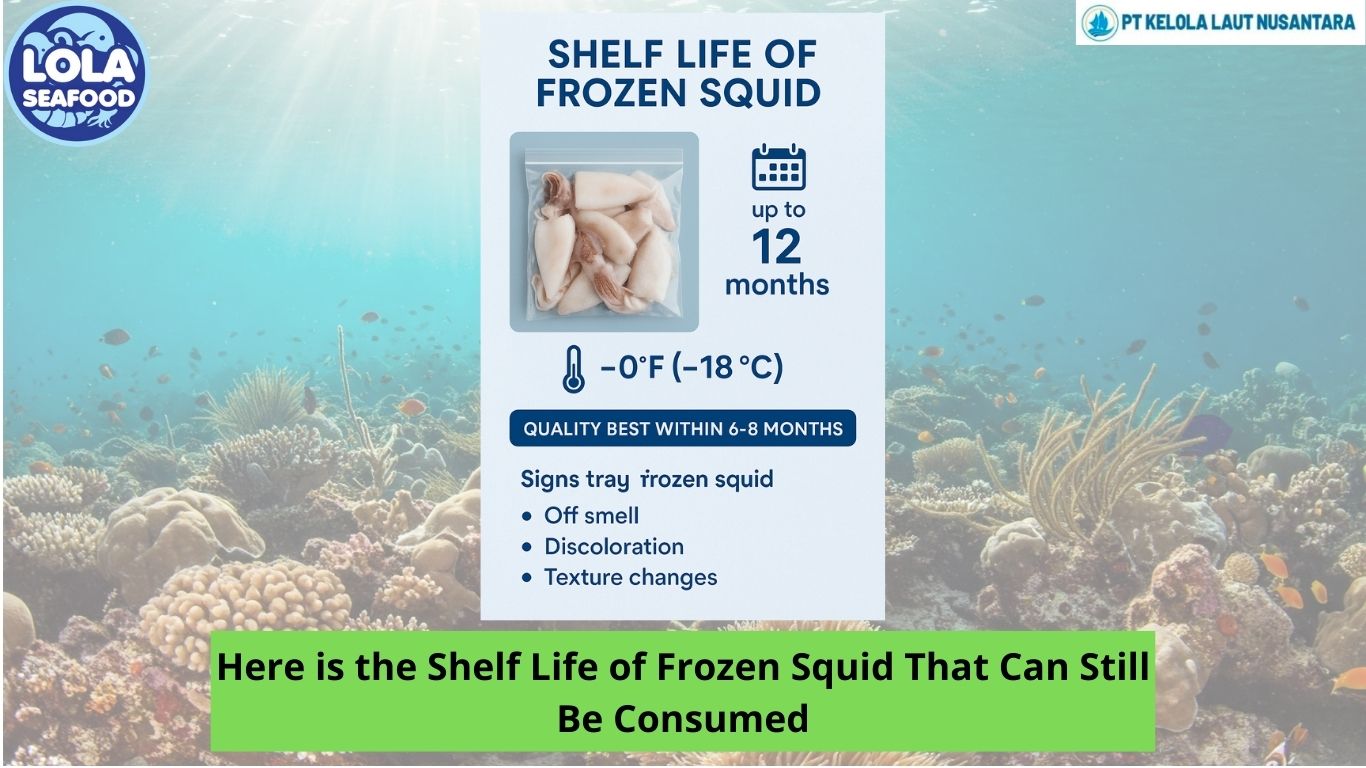
.jpg)
.jpg)
.jpg)
